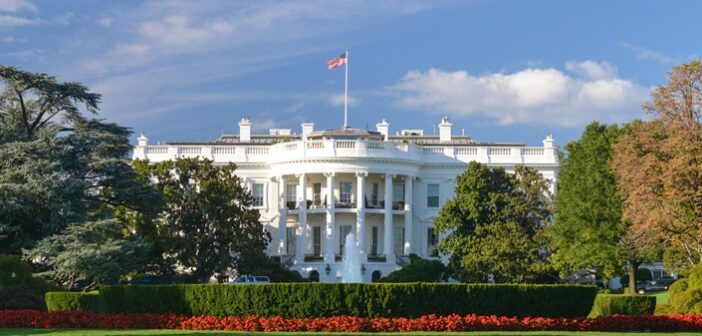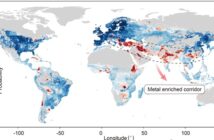The NFU is urging the Government to keep a close eye on agri markets and respond promptly to any developments following Donald Trump’s announcement of tariffs on UK imports.
Although the tariff set is the ‘baseline’ 10%, the US is the largest export market outside of the EU for British agriculture. The NFU fears that products bound for US markets will be directed to UK markets instead.
NFU president Tom Bradshaw suggested that the situation is bound to cause uncertainty for British producers and lead to higher prices in the US.
Tariffs of 10% will be introduced from Saturday 5 April on all UK imports and 20% on those from the European Union. President Trump said the measures were needed because countries were taking advantage of the US by imposing high tariffs and other trade barriers.
Responding to the news, NFU President Tom Bradshaw said: “We have been working closely with the government in the lead up to the announcements. While the UK has been hit by a lower baseline tariff compared to the EU, this remains a challenge for the UK and for agriculture, with the US being our second largest export market beyond the EU.
“While this is a developing and concerning situation, we are working in genuine partnership with the government and sharing our expertise on this to ensure, if there is any market disruption in response to a change in the movement of goods and products between affected countries, we can respond swiftly.
Business and Trade Secretary Jonathan Reynolds said in a speech last night to business leaders that a “calm-headed approach” is needed saying: “We are prepared, indeed one of the great strengths of this nation is our ability to keep a cool head.”
The news follows a week of media reports that the UK Government was exploring a potential trade deal with the US to avoid reciprocal tariffs.
All four UK farming unions urged the government to stand up for UK agriculture in any trade negotiations after farmers and growers have been repeatedly let down by previous governments in trade deals.




